Global March member, the International Trade Union Confederation (ITUC), has joined forces with Anti-Slavery International (ASI) to produce a new guide for trade unions and civil society organisations in combating modern-day slavery and trafficking of workers. In introducing the guide, the heads of ITUC and ASI point out that: “Under the current pressure of a globalised economic crisis, social protection is under threat everywhere and those most vulnerable are those people who have never had access to social protection. Lack of decent jobs pushes migrant workers to look for opportunities outside their home countries. When they arrive, in the countries of destination, they are often confronted with xenophobia from those who fear that the few jobs available will be taken by new immigrants.”
ITUC General Secretary Ms Sharan Burrow and ASI Director Mr Aidan Mc Quade point out that while some governments are now seeking to impose greater restrictions on migration, many of them also seek to “… boost their economies to be more competitive by banking on decreasing labour costs and importing cheap and more compliant labour … [t]hese dynamics mark the contemporary globalised labour market and are major contributory factors to the growth of a phenomenon we can only describe as modern day slavery, not in its traditional forms, but evident in supply chains of products and services we, as consumers, all use.”
Trafficking of workers today is big business, with many migrant labourers being brought into various countries to overcome minimum wage legislation. These labourers are denied their fundamental rights enjoyed by other workers, sometimes working alongside them. According to the ITUC and ASI, this is the modern face of the slave trade. It is a particularly worrying trend for trade unions as there is increasing evidence of workers being trafficked for their labour in the private economy. Therefore, the two organisations joined forces to ensure effective use of their different experience and expertise in putting together a guide to help trade unions and civil society organisations alike to strengthen their capacities to address the problem.
“Never Work Alone” is the result of a two-year project which examines different approaches and shows four major common grounds for action, each of them documented with a series of best practices. The report explains the real potential for trade unions and NGOs to improve their combined outreach, to intervene together in individual or collective cases and to organise joint campaigns, training and other activities. “The cooperation between the ITUC and Anti-Slavery International is starting now to obtain significant results in Europe. This type of cooperation needs to extend into other regions as well,” said Ms Burrow.
Global March Chairperson Kailash Satyarthi welcomed the publication of the report. “This is a very positive and constructive show of solidarity between the trade union and civil society movements,” he said. “There is a dark side to globalisation that involves terrible exploitation of vulnerable workers on a massive scale, including in Europe. These workers are desperate, often uneducated and ignorant of their rights in foreign countries. They are at the mercy of unscrupulous employers and authorities are sometimes too willing to turn a blind eye to their plight. We commend the ITUC and our good friend Anti-Slavery International for taking this important initiative and making it clear to governments and employers alike that both the trade union and civil society movements are not willing to allow this exploitation to continue. We urge our members and partners to use this guide in their own work to protect vulnerable migrant workers.”
To visit the ITUC web site, click here
To visit the Anti-Slavery International web site, click here
To download the report in different languages:
In English, click here
In French, click here
In Spanish, click here
